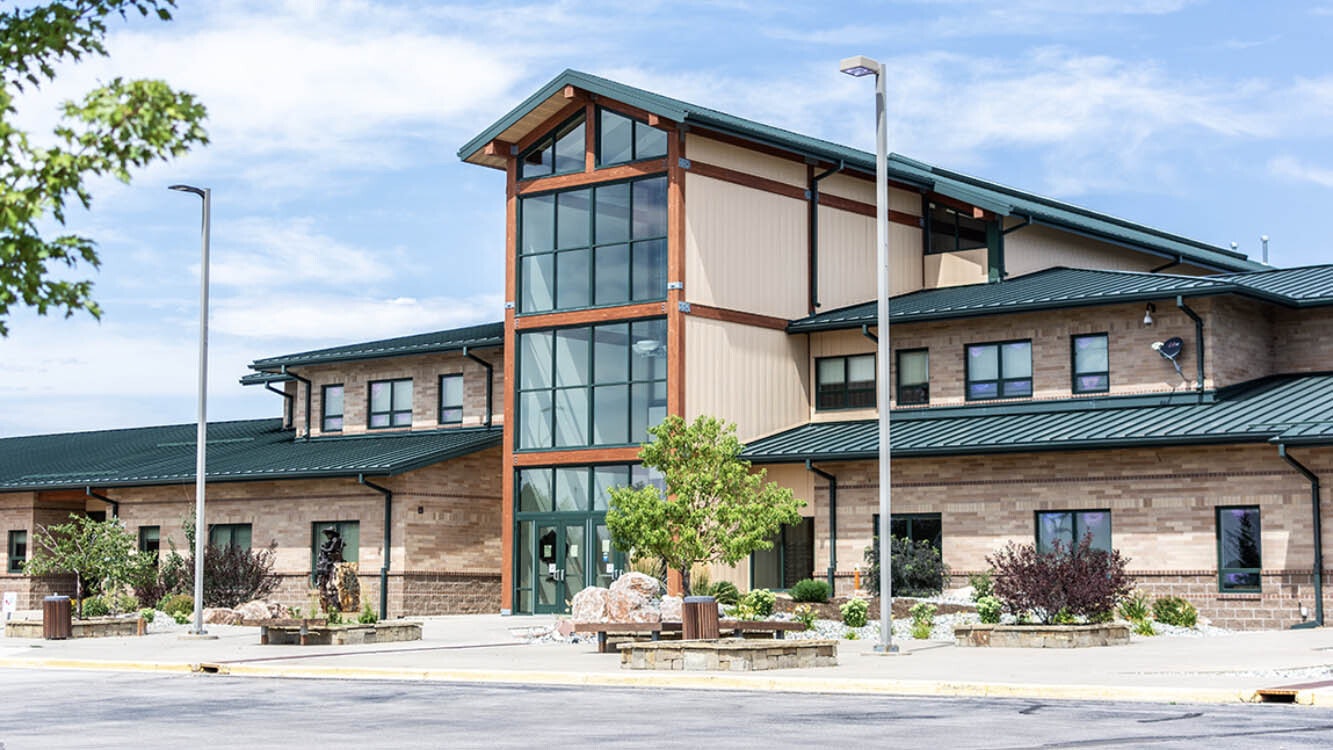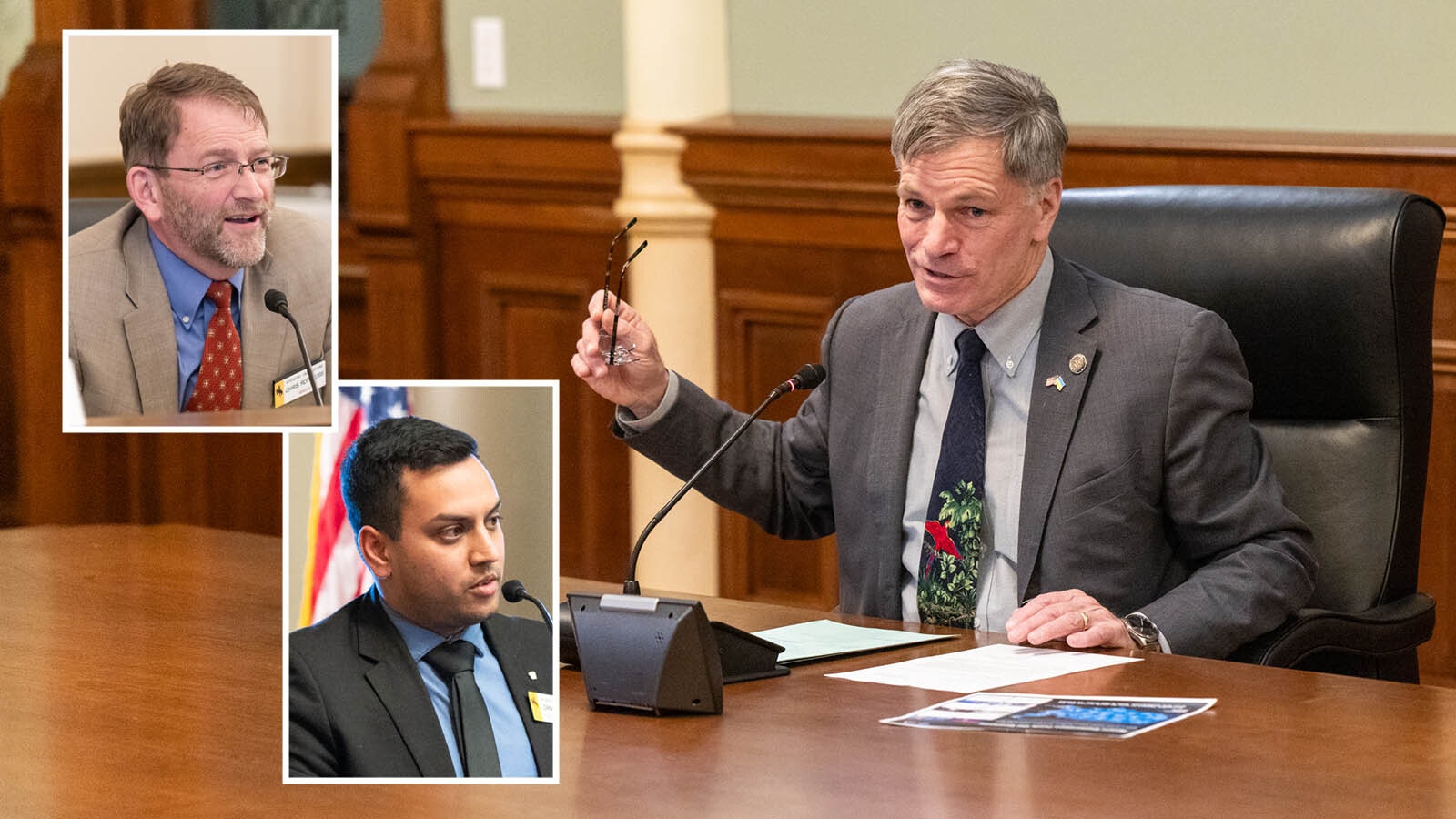Wyoming lawmakers on Tuesday advanced two bills designed to increase funding for the state’s community colleges.
The Wyoming Legislature’s Joint Education Committee met in Cheyenne to discuss raising then reimbursement to community colleges for distance education courses and to give the colleges ways to apply for money more often when hit by inflation.
If it passes the entire Legislature during the lawmaking session that begins in January, the first bill would change distance learning or internet courses in colleges from having the lowest rate of funding by default. The courses instead could fall under higher reimbursement categories depending on their content.
The second bill would create a mechanism for the Community College Commission to ask for extra money to catch up to inflation between its regular budget requests, which occur every four years. Under this bill, the commission could apply for an “exception budget” addressing inflation every two years starting in 2024.
The second bill passed the committee 10-3 with one member excused, but still must pass the Legislature to become law.
Inflation Vs. Tuition Hikes
Sen. Bo Biteman, R-Ranchester, who later voted against the bill, attempted to pass an amendment specifying that colleges could not ask for inflation budget adjustments if they had raised tuition and fees within the previous biennium.
“If they’re raising tuition and fees on our students, making college more expensive, I don’t think they should be coming to us asking for an (inflation adjustment),” said Biteman.
Rep. Sandy Newsome, R-Cody, said she feared the amendment would cause colleges to raise tuition more than they would have otherwise to cover unexpected operating costs without the hope of state assistance.
Biteman’s amendment failed, but committee Co-Chair Sen. Charlie Scott, R-Casper, told Biteman that though the amendment may be too “blunt” to pass, he hoped to see it refined and brought again.
More Review
Rep. Albert Sommers, R-Pinedale, brought an amendment that would compel the Legislature’s Joint Appropriations Committee to review the colleges’ indices showing inflation impacts.
“I want (the language) a little stiffer than that,” said Sommers. “We need to (review the inflationary factors) and we need to have it in statute that we’re going to do that so there’s no question later on of, ‘Well we didn’t understand those indices.’”
That amendment passed, as did a sub-amendment under it, brought by Rep. Cathy Connolly, D-Laramie, compelling the Joint Education Committee also to review the data.
Rep. Chip Neiman, R-Hulett, and Sen. Tim Salazar, R-Riverton, both voted against the inflation adjustment bill, along with Biteman.
Scott voted for the bill. So did Sens. Chris Rothfuss, D-Laramie, Affie Ellis, R-Cheyenne; and Reps. Ocean Andrew, R-Laramie, Jerry Obermueller, R-Casper, Jerry Paxton, R-Encampment, Sommers, Connolly and Newsome.





